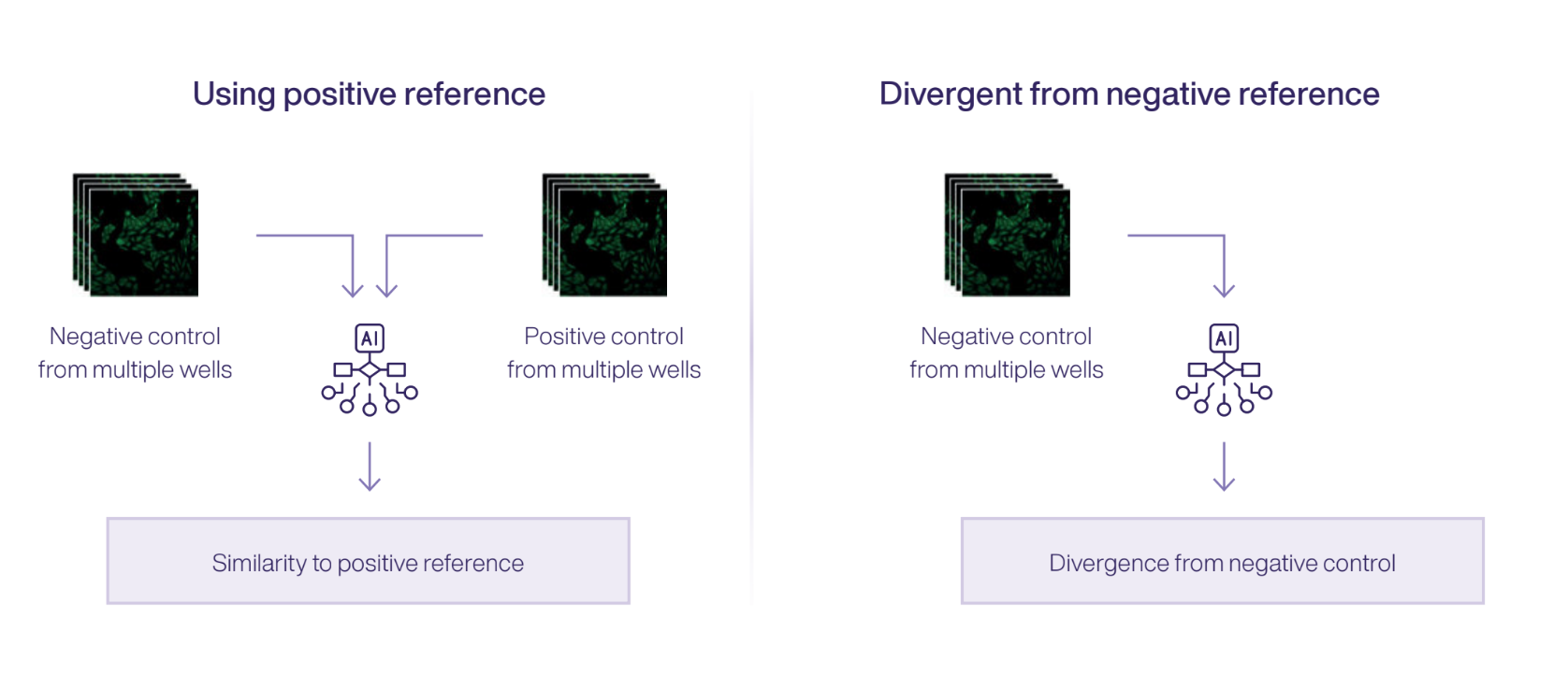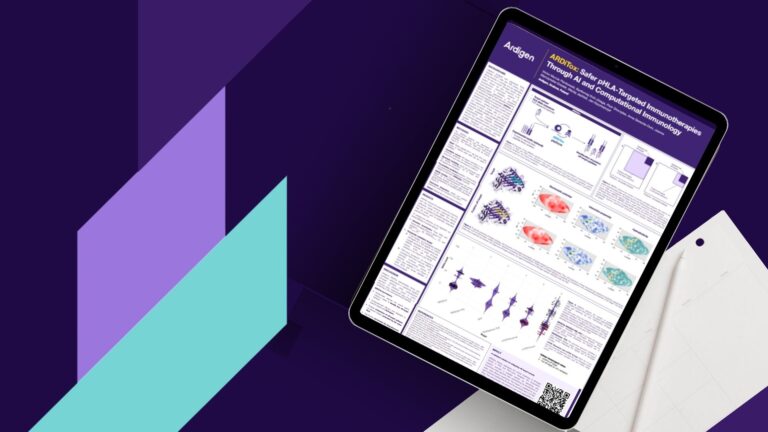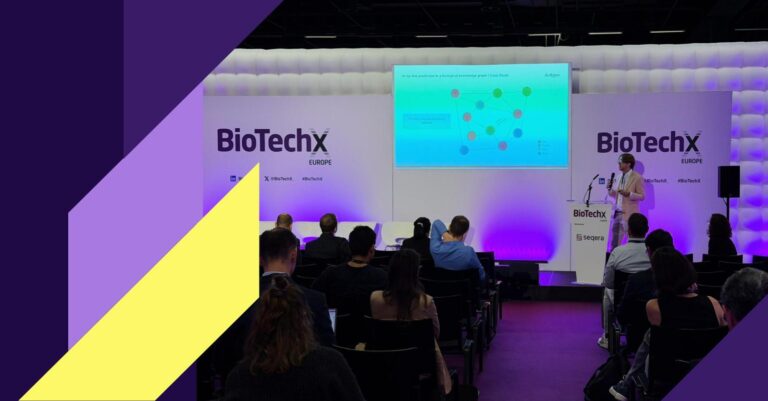How a big pharma company tripled screening efficiency using Ardigen's phenAID platform
Traditional screening of compounds is based largely on similarity of chemical structure. But what if screening could be based on biological phenotype instead? That was the goal of a global pharmaceutical company that partnered with Ardigen to implement artificial intelligence-based phenotypic screening.
The Challenge
- The client needed a way to identify new molecules based on desired phenotypic effects, rather than known chemical structures.
- Required a solution that was biologist-accessible, scalable, and seamlessly deployable within their systems.
Our Approach
Ardigen delivered a custom deployment of the Phenotypic Virtual Screening module, including:
- A proprietary transformer-based model that ranked molecules by the likelihood of inducing a desired phenotype.
- AI – extracted image features that outperformed traditional fingerprints.
- Easy-to-use interface integrated into the client’s internal infrastructure.
Ardigen phenAID platform module for Hit Identification guidesthe research phase of a biotech company.

Results
- 3× better performance than predefined success benchmarks.
- 4× higher chemical diversity compared to structure-based screening.
- 2× improvement in predictive accuracy using AI features over human-defined ones.
- Fully operational tool embedded within the client’s discovery pipeline.
With Ardigen phenAID, the client moved from traditional structure-based screening to a phenotype-first paradigm, dramatically improving hit identification while exploring a broader chemical space with greater precision.



